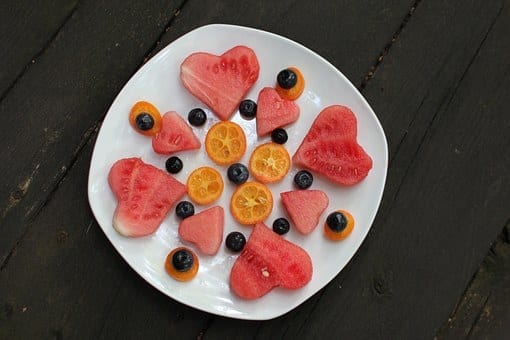Fresh fruits and vegetables are packed with vitamins and minerals that support a healthy immune system—but eating unwashed produce can expose you to dirt, bacteria, pesticides, and other chemicals. Learning how to wash fruits and veggies properly ensures you enjoy your meals safely and healthily.
This guide will show you the best way to wash fruits and vegetables, including tips for sprouts and ideas for natural cleaning methods like baking soda fruit wash.
Why Washing Fruits and Vegetables Matters
Even produce labeled “organic” can carry bacteria or pesticide residues. Proper washing helps:
- Remove dirt, waxes, and pesticides
- Reduce the risk of foodborne illness
- Remove insects or other contaminants
How to Wash Fruits and Veggies Properly
Follow these steps to clean your produce safely:
1. Rinse Under Running Water
- Hold fruits and vegetables under cool running water.
- Avoid using soap or dish detergent, they can leave harmful chemical residues.
2. Use a Natural Cleaning Method
- For extra protection, use a baking soda fruit wash or make your own solution with 1 teaspoon baking soda per 2 cups water.
- Soak soft produce like berries for 1–2 minutes, then rinse thoroughly.
3. Scrub Firm Produce
- Use a clean produce brush on melons, cucumbers, carrots, and potatoes to remove dirt and chemicals.
4. Dry Properly
- Pat produce dry with a clean cloth or paper towel to further reduce bacteria.
5. Peel When Needed
- Fruits and vegetables with thick skins can be peeled if desired, but washing first is still important.
Tips for Washing Sprouts Safely
Sprouts such as alfalfa, beans, clovers, and radishes are nutrient-rich but prone to bacteria growth.
- Cook sprouts thoroughly before eating—rinsing alone will not remove all bacteria.
- Sanitize surfaces and utensils after preparing sprouts to avoid cross-contamination. Example: Mix 1 tablespoon of bleach per gallon of water to create a safe cleaning solution.
- Always store sprouts in the fridge and check for signs of spoilage.
FAQs About Cleaning Produce
Q: Can I wash fruits with soap or detergent?
A: No. Soap can leave harmful chemical residues. Stick to water, a baking soda fruit wash, or a natural produce wash.
Q: Do I need to wash organic produce?
A: Yes. Organic fruits and vegetables can still carry dirt, bacteria, or naturally occurring pesticides.
Q: What’s the best way to wash fruits and vegetables?
A: Rinse under running water, scrub firm produce, optionally soak soft fruits in a baking soda fruit wash, and dry thoroughly.
Q: How do I clean fruit naturally at home?
A: Mix a solution of baking soda and water, soak fruits briefly, rinse under running water, and dry with a clean towel.
Pro Tips for Safe Produce Handling
- Wash produce just before eating or cooking to prevent spoilage.
- Separate washed and unwashed produce to avoid cross-contamination.
- Use clean cutting boards, knives, and utensils for preparing fresh fruits and veggies.

